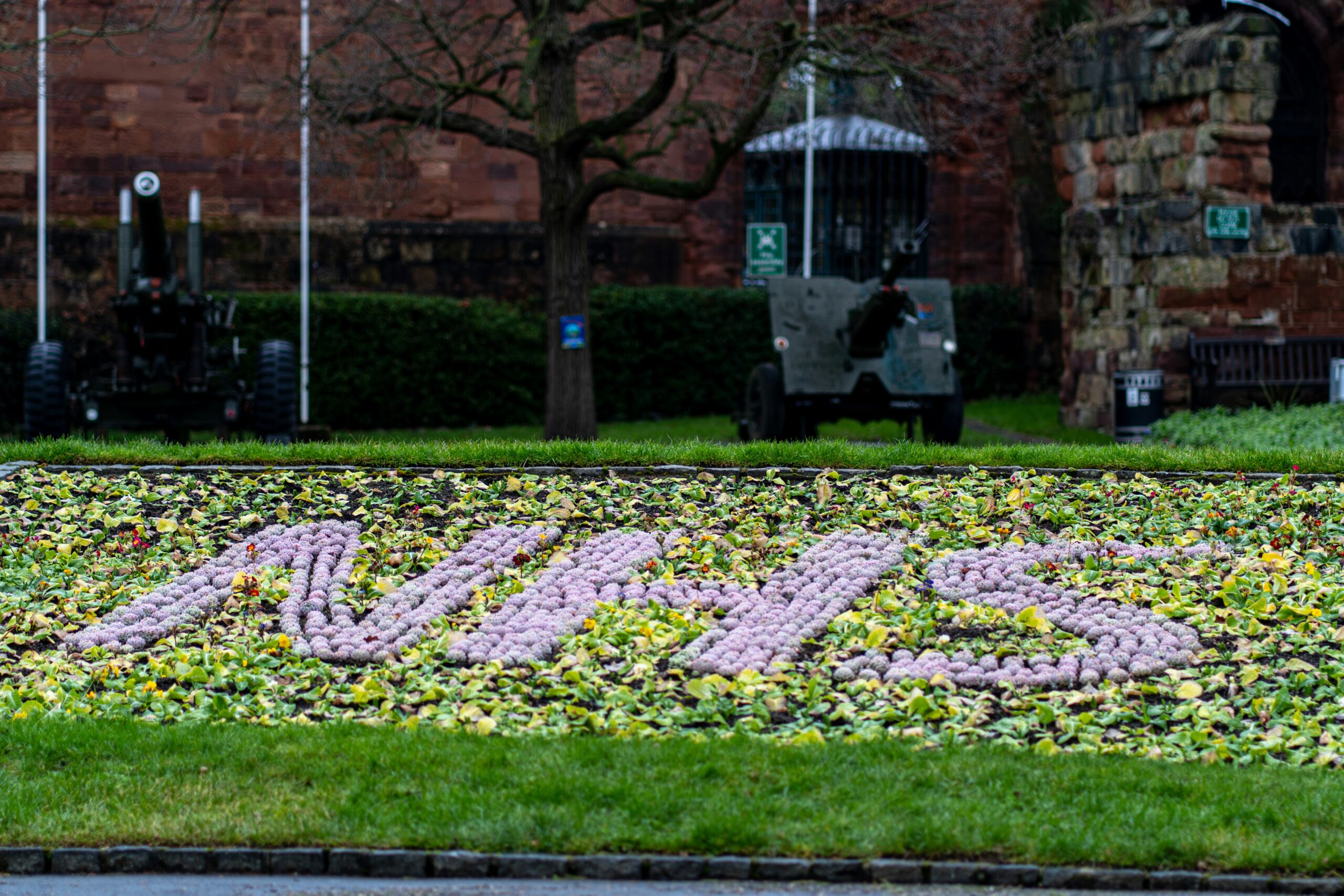NHS Continuing Healthcare in England is marked by stark regional inequalities, with eligibility and funding varying dramatically by postcode. Despite rising demand and spending, fewer people are deemed eligible, and inconsistent processes mean many miss out on vital care, deepening social inequalities.
A new Nuffield Trust analysis has revealed stark inequalities in access to NHS Continuing Healthcare (CHC) across England, creating a “postcode lottery” for severely ill patients. CHC provides free health and social care outside hospitals for people with significant ongoing needs, funded entirely by the NHS. While overall demand for care services is rising and CHC spending increased by 17% between 2017 and 2023, the number of people deemed eligible fell by 9% over the same period, with rates varying dramatically across regions.
Eligibility differs nearly five-fold between Integrated Care Boards, only partly explained by population demographics such as age or deprivation. Even when eligibility is granted, spending per recipient is uneven. In 2022/23, people in the North West received on average £22,432 less than the England average, and funding was substantially lower in more deprived communities, with median spending at £47,300 compared to £95,085 in the least deprived areas. The research identifies inconsistent practices influenced by local NHS–authority relationships and financial pressures, leading to arbitrary and subjective decisions despite a National Framework intended to ensure fairness.
Barriers to access include low awareness among both the public and professionals, as well as a complex and gruelling application process that leaves many without vital support. Those found ineligible face catastrophic care costs or must rely on already strained local authorities. The rising average cost per recipient for both Standard and Fast-track CHC packages suggests cases are becoming more complex and intensive.
Nuffield Trust Fellow Rachel Hutchings emphasised that eligibility decisions can determine whether all care costs are covered or families face financial crisis, with the assessment process taking a lasting emotional toll. The report raises pressing questions about the fairness and sustainability of CHC, calling for urgent reform to ensure consistent, equitable access in line with NHS commitments to shift more care into the community.



